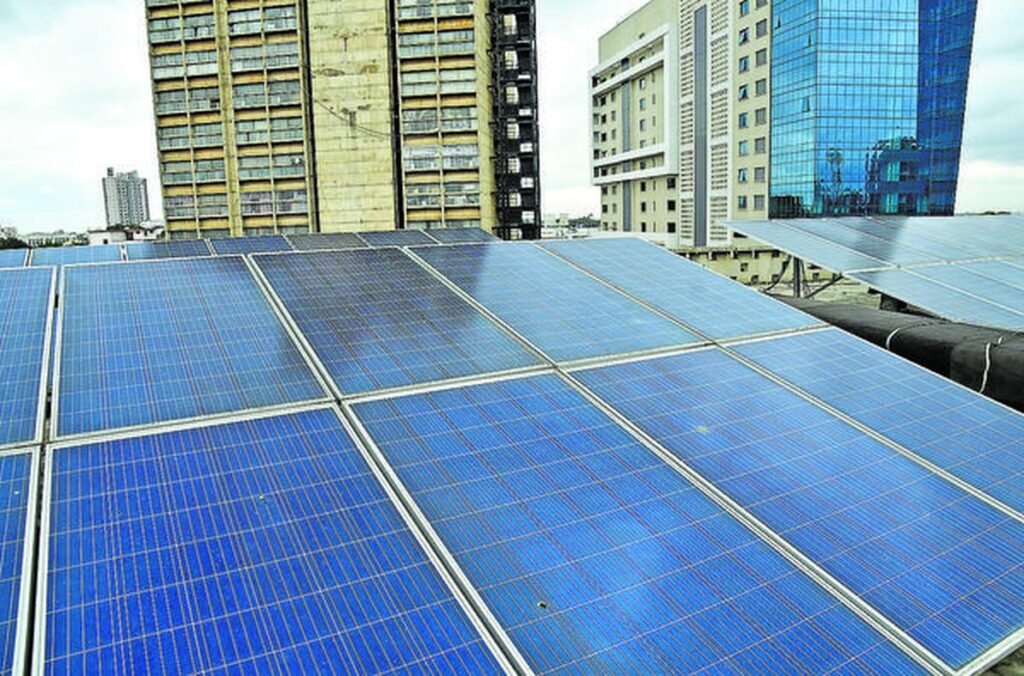India’s path to sustainable development is fraught with challenges as it tackles the twin challenges of meeting burgeoning energy demand and reducing carbon dioxide emissions, the Economic Survey 2023-24 released on July 22 found.
Also read: Economic Survey 2023-24 Live Updates
The study, tabled in Parliament, highlights the complexity of India’s green transition and the need for a diversified energy portfolio to achieve ambitious growth targets while adhering to climate commitments.
“Balancing development needs with a low-carbon pathway is a tightrope walk, especially when financed primarily with domestic resources,” the study said, highlighting the financial burden of pursuing cleaner energy alternatives.
Click here to download Economic Survey 2023-24
The document highlighted the important role that non-fossil fuel sources will play in achieving India’s Nationally Determined Contribution (NDC) and net-zero target, but also noted challenges associated with renewable energy, such as intermittency issues, waste management concerns for nuclear and solar power technologies, and the potential impact of biofuel production on food security.
Recognising the importance of energy security, the study suggested a multi-pronged approach, including diversifying energy sources such as renewables, nuclear and biofuels, continuing reliance on coal-based thermal power generation as baseload support for renewable energy adoption, promoting clean coal technologies such as gasification and carbon capture, and strengthening international collaboration in research and development of emerging green technologies.
The study noted that while India’s reliance on oil imports is well known, a transition to renewable energy could introduce new vulnerabilities in supply chains for solar panels and critical minerals, and warned against over-reliance on imports.
On the positive side, the report highlighted significant progress in India’s mission-mode approach to tackling climate change: As of May 31, 2024, the share of non-fossil fuels in installed power generation capacity stood at 45.4%, putting India on track to meet its latest NDC target of 50% by 2030.
The study called for a “more balanced approach” to climate change, recommending that policymakers should focus on “the short-term policy objective of improving human well-being” rather than being “overly preoccupied” with long-term management of the planet’s climate.
While acknowledging India’s achievements, the study stressed the need for financial support from developed countries.
With an estimated $2.5 trillion (in 2014-2015 prices) needed to achieve NDC targets by 2030, access to finance and technology at an affordable cost is key to alleviating resource constraints.
This is a premium article available exclusively to our subscribers. To read more than 250 premium articles each month, you have reached your free article limit. Support quality journalism. You have reached your free article limit. Support quality journalism. X You have read {{data.cm.views}} of {{data.cm.maxViews}} free articles. X This is your last free article.
Source link

